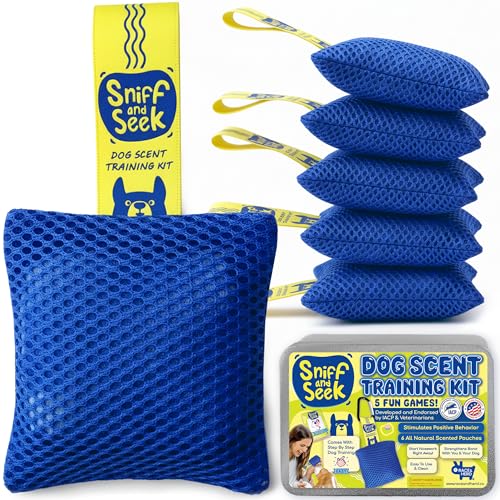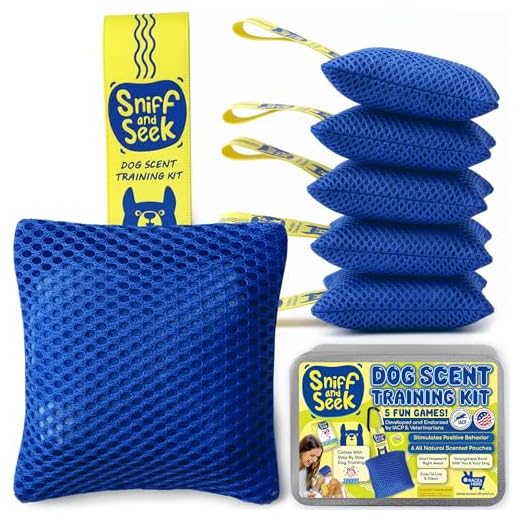




First and foremost, ensure your furry companion receives a balanced diet rich in nutrients. A lack of proper nutrition can lead to behavioural quirks, including the unappealing habit of consuming feces. Consult with your veterinarian to evaluate the food you provide and consider any necessary adjustments.
Another aspect to consider is the instinctual behaviour rooted in ancestry. Canines, like many animals, may engage in this act as a way to keep their surroundings clean or to hide their scent from predators. Recognising this natural instinct can help in addressing the behaviour more effectively.
Additionally, stress and anxiety can trigger this action. If your pet is feeling anxious due to changes in the environment or routine, it may resort to such behaviours. Providing a stable environment, along with engaging activities and regular exercise, can alleviate stress levels significantly.
Lastly, consider the possibility of medical issues at play. Certain health conditions might lead to unusual eating habits. Regular check-ups are essential to rule out any underlying health concerns. Observing your companion’s behaviour closely can provide valuable insights into their well-being.
Understanding the Behaviour
First, ensure the pet is receiving a balanced diet. Nutritional deficiencies can lead to scavenging behaviours. Regular vet check-ups can help identify any underlying health issues that may cause this odd habit.
Positive reinforcement training can be beneficial. Redirect attention to toys or engage in a fun activity immediately after bathroom breaks. This distraction can help break the cycle of consumption.
Keep the environment clean. Regularly picking up after the pet reduces opportunities for this behaviour. Consider using a leash during walks to prevent access to waste.
Monitor stress levels. Anxiety can trigger unusual habits. Creating a calm environment with plenty of exercise and mental stimulation can alleviate some of this stress. Interactive toys or puzzle feeders can keep the mind engaged.
Consult a veterinarian if the behaviour persists. They might suggest specific dietary adjustments or behavioural therapies tailored to your pet’s needs. Understanding the root cause is key in addressing this behaviour effectively.
Understanding Coprophagia: Common Reasons in Dogs
Addressing this behaviour often begins with examining the environment and health of your pet. Nutritional deficiencies can drive some canines to consume waste. If the diet lacks essential vitamins or minerals, they may seek alternative sources. A veterinary check-up can help identify any deficiencies and recommend appropriate dietary adjustments.
Behavioural Factors
Stress or anxiety can trigger this behaviour as well. Dogs may resort to such actions when feeling overwhelmed or bored. Engaging in regular exercise and providing mental stimulation through toys or training can alleviate these feelings. Creating a safe and secure environment also reduces anxiety, which may decrease the likelihood of such actions.
Instinctual Reasons
Instinct plays a role too; some breeds have a natural tendency to keep their living area clean. This behaviour can be traced back to ancestors who needed to avoid attracting predators. Understanding this instinct can help in managing the behaviour effectively. Implementing consistent training and positive reinforcement can guide your furry friend towards more acceptable habits.
Health Implications: When to Consult a Veterinarian
Seek veterinary advice immediately if you observe signs of illness following your pet’s unusual dietary habits. Symptoms such as vomiting, diarrhoea, lethargy, or any noticeable changes in behaviour warrant professional evaluation. Additionally, persistent coprophagia can indicate underlying health issues such as nutritional deficiencies or parasites that require attention.
Signs of Concern
If you notice your furry companion exhibiting signs of distress, such as excessive thirst, loss of appetite, or changes in weight, it’s crucial to consult a vet. These can be indicators that dietary needs are not being met or that a health problem is present. Regular health check-ups can help identify any potential issues early.
Diet and Nutrition
Consider reviewing your pet’s nutrition as well. Sometimes, a shift to a higher quality food, such as best turkey dry dog food, can help address nutritional gaps that might lead to unwanted eating habits. A well-balanced diet can enhance overall health and may reduce the likelihood of engaging in such behaviours.
Behavioural Factors: Stress and Anxiety in Canines
Addressing stress and anxiety can significantly change behaviour patterns. Observe your furry friend closely; signs such as excessive barking, destructive chewing, or withdrawal can indicate underlying stress. If these behaviours arise, consider the following actions:
- Establish a routine. A consistent schedule for meals, walks, and playtime fosters a sense of security.
- Create a safe space. Designate an area in your home where your companion can retreat when feeling overwhelmed.
- Engage in regular exercise. Physical activity not only reduces anxiety but also promotes overall well-being.
- Introduce calming techniques. Products like pheromone diffusers or anxiety wraps can help soothe nervousness.
Environmental changes, such as moving to a new home or the introduction of a new family member, can also trigger anxiety. Keep an eye out for behavioural shifts during these transitions. If your companion seems particularly affected, gradual introductions and positive reinforcement can ease the adjustment.
Socialisation plays a vital role. Ensure your four-legged friend has opportunities to interact with other animals and people. This can help build confidence and diminish fear-based reactions.
In some cases, professional help from a trainer or behaviourist may be necessary. They can provide tailored strategies, especially if anxiety leads to destructive behaviours. Medication might also be an option, assessed and prescribed by a veterinarian.
By recognising and addressing stressors, you can create a more harmonious environment that fosters positive behaviours and emotional stability in your beloved companion.
Preventive Measures: Training Tips to Discourage the Behaviour
Establish a consistent command, such as “leave it” or “no,” to redirect attention immediately when spotting unwanted actions. Use a firm but calm tone. Reinforce positive behaviour with treats or praise when your furry friend obeys. Consistency is key; ensure everyone in the household uses the same commands.
Establish a Routine
Regular feeding schedules can minimise scavenging. By knowing when meals are provided, your pet may be less inclined to search for snacks elsewhere. Once digestion is complete, promptly clean up any waste to eliminate temptations. Consider a designated area for bathroom breaks, reinforcing the idea that certain places are for specific activities.
Engagement and Exercise
Keeping your four-legged companion mentally and physically stimulated can significantly reduce undesirable behaviours. Engage in daily walks, fetch games, or puzzle toys to occupy their mind. Boredom can lead to exploring unhealthy habits, so maintain a varied routine to keep things fresh and exciting.
| Tip | Description |
|---|---|
| Consistent Commands | Use clear, specific commands to redirect attention. |
| Regular Feeding | Establish a feeding schedule to reduce scavenging. |
| Prompt Cleanup | Clean up waste immediately after bathroom breaks. |
| Engagement | Incorporate play and mental stimulation into daily routines. |
Monitoring behaviour is essential. If patterns persist despite efforts, consider consulting a professional trainer for personalised advice tailored to your companion’s needs.







